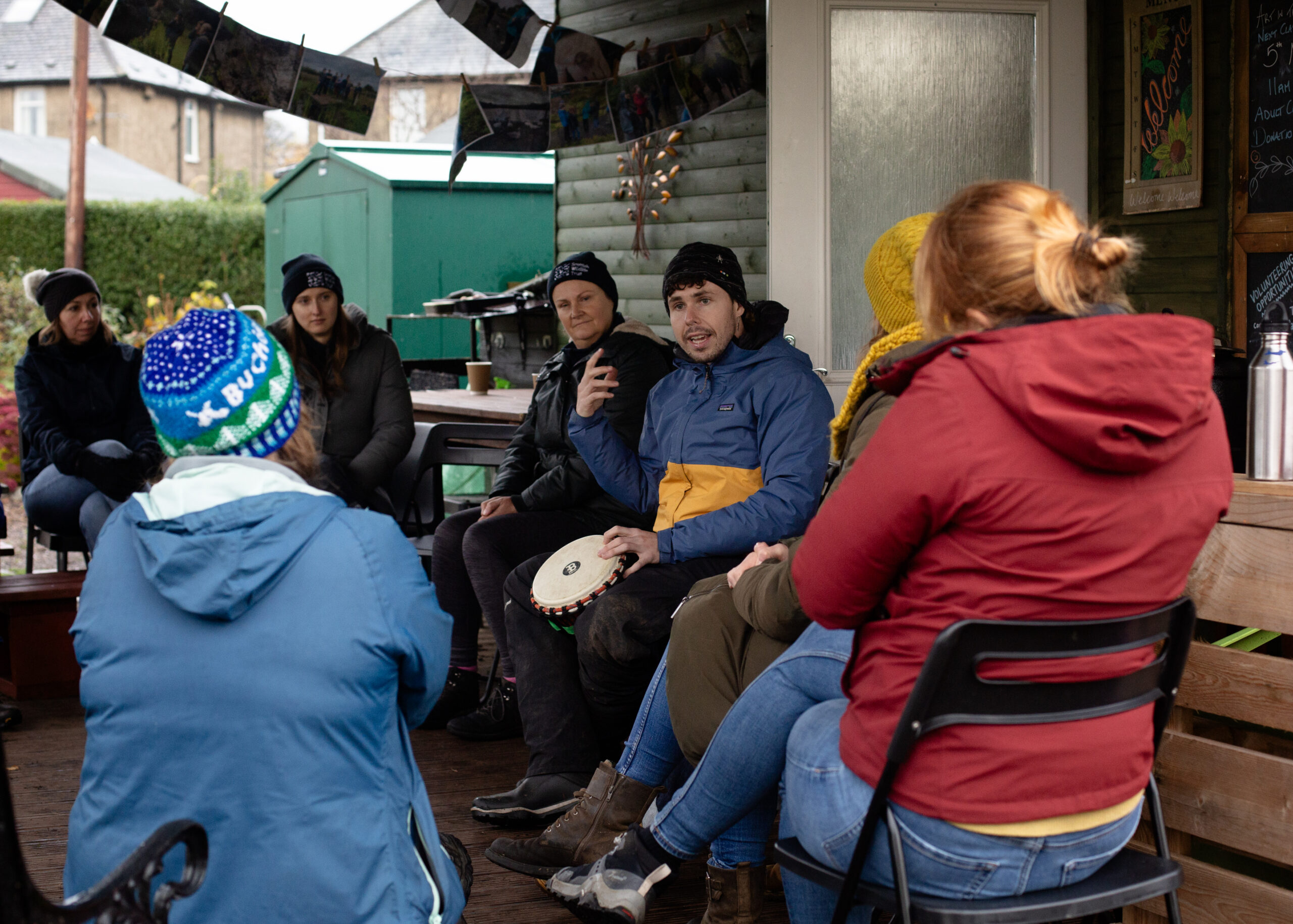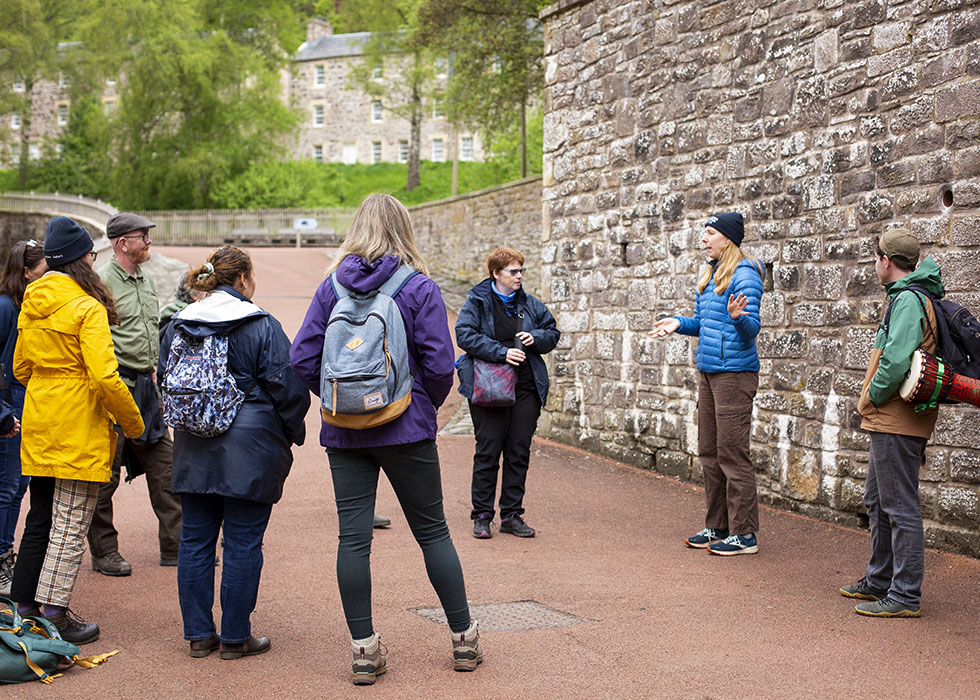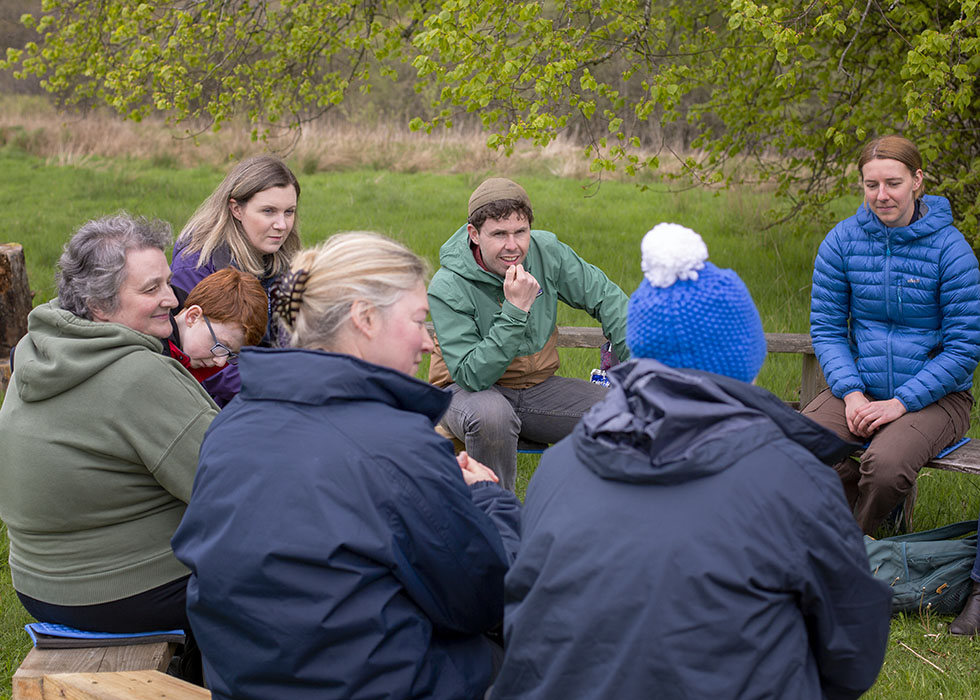Public speaking refers to any situation where you are talking about a topic in front of an audience. While your audience, venue or topic might change, the key skills needed in public speaking stay the same.
For some, public speaking can be a daunting task, whilst others take to it quite naturally. Everyone has their own way of preparing and managing nerves, but it’s often true that the more public speaking you do, the more comfortable you’ll feel in front of an audience. Here are some helpful tips to help you if you’re new to public speaking.
Preparation is key
One of the most important things to do before any public speaking is to prepare. Think about what you are going to say and condense the key points into bullet points. Reading from a script can come across as stiff and unnatural and may not be very engaging. Bullet points are a great way of reminding yourself what key points you want to talk about and will help you stay on track.
The structure of your talk is important. Having a good structure helps you get the key information across to your audience more easily. It can ensure that your talk is engaging and that it makes sense to others who have no prior knowledge of the subject. This is a basic structure you could follow:
- Introduce yourself – Who are you and what is your role/link to the topic you are talking about.
- Introduce the topic – Provide relevant background information about the topic. This could be where your project is based, or why it started.
- Your key message – What is the main thing you want to tell people about? Is it the achievements of your project? Is it the challenges you’ve faced or a goal you’re working towards and need help with?
- How your audience can get involved – Having a call to action helps make your talk relevant to the audience. Whether it’s donating or taking action for nature, outline how your audience can get involved.
- Thank your audience – It’s always nice to thank an audience for listening and giving up their time to hear you speak.
Consider your goal
When you are planning your talk, it can be useful to consider what your goal is. This will help you identify the key things you want to talk about. What is it you want to achieve from your talk? It could be funding, sign-ups to your project or maybe donations. What do you want from your audience? Do you want them to know more about your project or are you asking them to volunteer with you?
Practice makes perfect
Practice what you are going to say and say it out loud. You can time yourself if you’re worried about talking for too long. You can even film yourself talking so that you can more easily identify any parts that don’t flow well or check if you are talking too quickly.
Know your audience
Another key part of your preparation is knowing your audience. Having the answer to these questions can help with nerves and preparing your talk:
- Who are your audience?
- Why are they there?
- What do you want to happen as a result of your talk? Do you want them to sign up to your project? Will they have learnt something new? Do you want them to donate to your project?
- How many people will be in the audience? This can make a big difference!
- What happens when you finish your talk? Will you be taking questions? Will you be having informal chats with the audience afterwards?
Tackling nerves
Feeling nervous is very common when it comes to public speaking. It’s worth remembering that even experienced public speakers can still get nerves before giving a talk or presentation. They are a perfectly natural response, but luckily there are some ways to reduce those feelings of anxiety.
- A common side effect of nerves is to want to get through your presentation as fast as possible, which can result in speaking too quickly and rushing through things. Make a conscious effort to breathe, take a sip of water and collect your thoughts. You could even add a bullet point to you plan to remind yourself to do so!
- Think about what makes you nervous. Is it talking in front of strangers? If so, would a familiar face in the front row help you feel more at ease? Is it stumbling over your words or losing your train of thought? Following the steps to prepare what you are going to talk about will absolutely help with that.
- Remind yourself that your audience has chosen to be there and that they want to listen to you. They want to know more about the topic you’re speaking about and are interested. Make the most of the opportunity to share your passion with others.
Once you have followed these staps and prepared and practiced, you’ll feel much more comfortable speaking about your topic in front of others.



Useful links
- If you’d like more tips on public speaking, our free online Pioneers Programme e-learning course provides more information on the topic, such as how to prepare for Q&A sessions and the importance of self presentation in public speaking.
- There are a plethora of articles and blogs dedicated to overcoming the fear of public speaking, which provide even more insights and tips. A few helpful ones we’ve found are: Public speaking: overcoming your fear – Anxiety UK and Facing the fear of public speaking | BPS.
- Young Speakers Scotland is a Scottish educational charity that aims to use debating and public speaking to help young people realise their potential
- Toastmasters International runs many public speaking clubs and groups in cities across Scotland that you can join to help you practice and hone your skills. These include Stirling Speakers, Southside Speakers (based in Glasgow), and Linlithgow Speakers.
- There are many public speaking courses on offer across the country. Whilst we can’t recommend any in particular, a quick online search will bring up many different options that might be of use.
